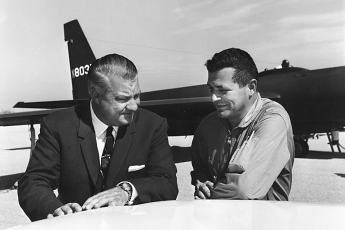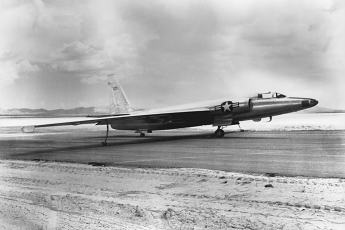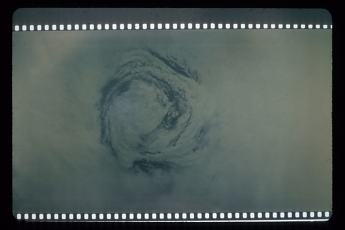
Francis Gary Powers (with Lockheed's U-2 designer Kelly Johnson in 1966) - courtesy the National Museum of the US Air Force
 Francis Gary Powers (with Lockheed's U-2 designer Kelly Johnson in 1966) - courtesy the National Museum of the US Air Force |
1956
1957
1958
1960 - 1968
1960
1961
1962 - 1967
1962 - 1966
1963
1964 - 1966
1967
1968
1971
1974
1981
 |
 |